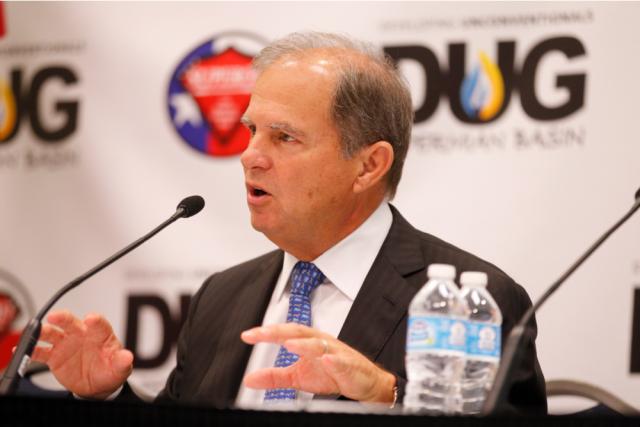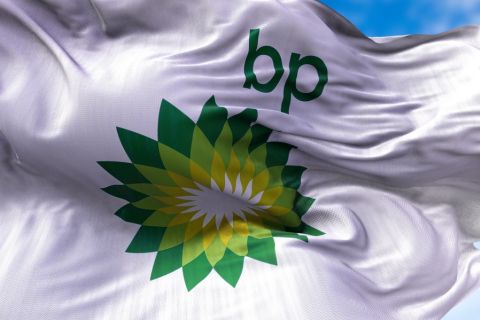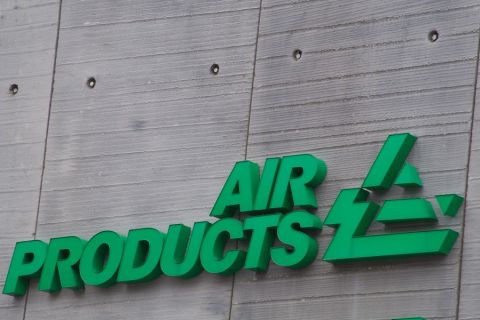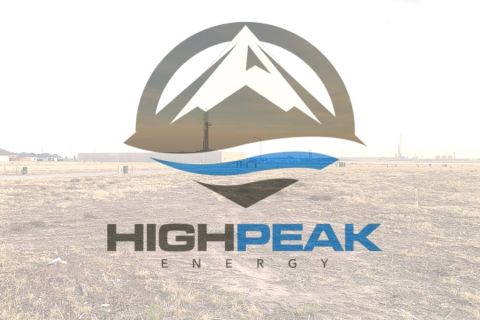
Pioneer Natural Resources, led by CEO Scott Sheffield, is the Permian Basin’s biggest single oil producer with output of almost 360,000 bbl/d. (Source: Image of Scott Sheffield at a previous DUG Permian Basin conference by Tom Fox / Hart Energy)
U.S. oil producers are not able to increase supply to tame soaring crude prices that remain “under OPEC control”, according to the shale patch’s biggest operator.
Brent crude jumped to a three-year price high above $80/bbl last week, sparking fears of a deepening global energy crunch that has already pushed natural gas and coal prices in Europe and Asia to record highs.
But Scott Sheffield, CEO of Texas-based Pioneer Natural Resources, said America’s once-prolific shale producers would keep using their burgeoning cash piles to pay shareholders, not fund new drilling.
“Everybody’s going to be disciplined, regardless whether it’s $75 Brent, $80 Brent, or $100 Brent,” Sheffield said. “All the shareholders that I’ve talked to said that if anybody goes back to growth, they will punish those companies.”
“I don’t think the world can rely much on US shale,” he said. “It’s really under OPEC control.”
Pioneer bought two rival Texas producers this year, making it the prolific Permian Basin’s biggest single oil producer with output of almost 360,000 bbl/d—more than some of the smaller member countries of the OPEC oil cartel. It has said it will cap any output increase next year at 5 per cent, well beneath the double-digit rates of previous years.
Sheffield’s comments come as the U.S. government puts pressure on Saudi Arabia, OPEC’s de facto leader, to increase crude supply to keep further energy price inflation in check.
The expanded OPEC+ alliance, which also includes allies such as Russia, will meet on Oct. 4 to decide whether to maintain output targets.
The group last year agreed deep production cuts to restore crude prices that plunged as pandemic lockdowns hit energy consumption.
But supplies are now short of demand as economies recover, with global crude stockpiles shrinking at a record pace, according to Goldman Sachs. Last week the bank raised its end-of-year Brent forecast from $80/bbl to $90/bbl. On Oct. 1, Brent settled at $79.28.
Some analysts say that the gas crunch hitting Europe and Asia could spill into markets for liquid fuels, pushing up demand for crude this winter as industries burn more oil to generate electricity.
OPEC+ agreed in July to add back 400,000 bbl/d each month until the end of 2022, but some analysts say that supplies must rise more quickly to staunch further price inflation.
U.S. national security adviser Jake Sullivan discussed oil prices with Mohammed bin Salman, Saudi Arabia’s crown prince, last week, according to the White House.
Sheffield said that while the Biden administration was calling on OPEC to increase supplies, it was trying “to slow down U.S. drilling in any way they can” through moves such as a moratorium on leasing federal lands for drilling.
“They’d rather import crude oil from OPEC,” he said.
Soaring shale production in the past decade made the U.S. the world’s biggest crude producer, pumping almost 13 million bbl/d of crude in late 2019.
But years of debt-fuelled drilling exhausted some fields, say operators, and angered investors, leaving the sector vulnerable when the pandemic struck in 2020. The price collapse forced producers to slash capital spending and idle rigs.
Drilling activity has begun to pick up—leading some analysts to predict modestly increasing output—but production remains almost 15% below the pre-pandemic peak.
Sheffield said the dealmaking in the Permian would also temper producers’ responses to rising prices.
“There’s only four or five companies that have core [acreage],” and shale would never again hit the annual growth of around 1.5 million bbl/d seen in previous years, he said.
“Maybe a million, at top, for a couple of years,” Sheffield said.
Recommended Reading
BP’s Kate Thomson Promoted to CFO, Joins Board
2024-02-05 - Before becoming BP’s interim CFO in September 2023, Kate Thomson served as senior vice president of finance for production and operations.
Magnolia Oil & Gas Hikes Quarterly Cash Dividend by 13%
2024-02-05 - Magnolia’s dividend will rise 13% to $0.13 per share, the company said.
TPG Adds Lebovitz as Head of Infrastructure for Climate Investing Platform
2024-02-07 - TPG Rise Climate was launched in 2021 to make investments across asset classes in climate solutions globally.
Air Products Sees $15B Hydrogen, Energy Transition Project Backlog
2024-02-07 - Pennsylvania-headquartered Air Products has eight hydrogen projects underway and is targeting an IRR of more than 10%.
HighPeak Energy Authorizes First Share Buyback Since Founding
2024-02-06 - Along with a $75 million share repurchase program, Midland Basin operator HighPeak Energy’s board also increased its quarterly dividend.





